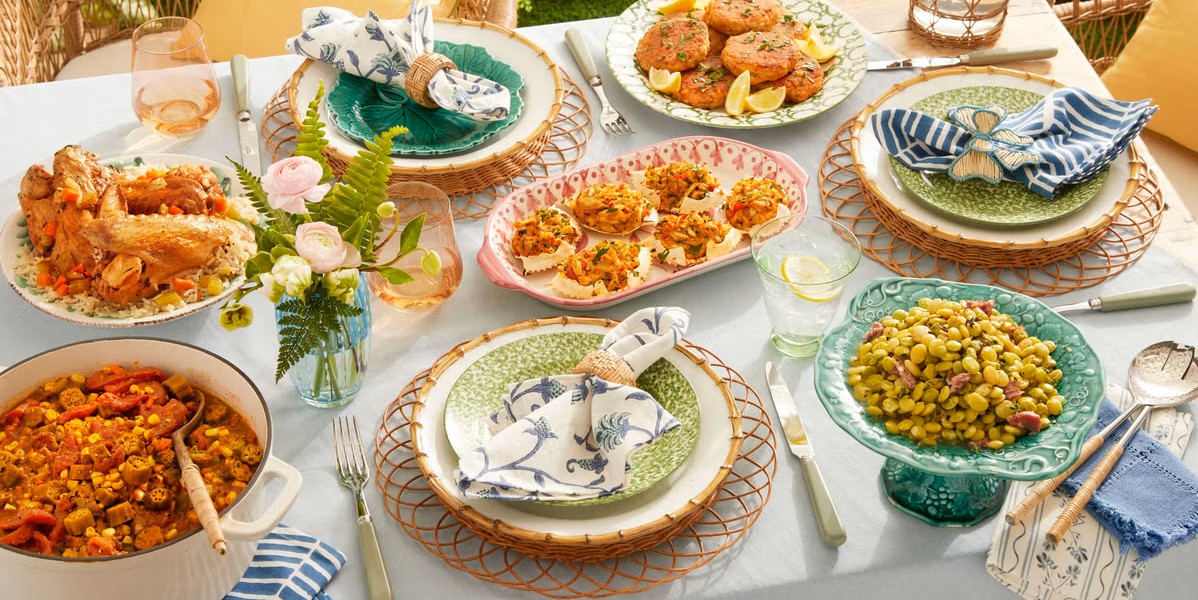A calm Easter plan keeps meaning close and stress low. The pieces that matter fit on one page: a short timetable, a food plan that respects budgets, and a few screen-smart ways to keep kids and elders engaged without draining energy. Once those pieces are set, the weekend feels lighter – less rushing, fewer last-minute store runs, and more space for quiet, thanks. Simple choices do the heavy lifting here. A clear family plan shrinks noise. A practical menu avoids waste. A few low-cost activities protect the mood when weather turns or cousins arrive late. The ideas below are plain on purpose. They work on tight schedules, shared kitchens, and mixed groups, and they leave room for the sacred parts that give Easter its warmth.
Set the Tone: Lent’s Finish and a Clear Family Plan
Easter gathers people with very different mornings – sunrise service for some, long drives for others, naps for toddlers between the big meal and an evening visit. A one-page plan avoids mixed signals. Pick key times first: service, meal, rest, walk. Write them where everyone can see them. Add two simple cues: what needs a quiet room and what welcomes chatter. Keep the language kind and direct. If a moment of prayer opens the table, say so. If an egg hunt starts later to include late arrivals, note that as well. A short plan like this respects elders who like order and teens who ask “what’s next?” It also helps hosts pace the day so the kitchen never overflows.
Some households pause money play during Holy Week. Others allow light games while asking guests to keep risk away from kids and the table. If relatives suggest luck-based play on phones, set that boundary ahead of time. When a question about examples comes up, a neutral reference is helpful – one can point here and say, “That kind of hub is off-limits today.” The goal is clarity rather than scolding. A calm boundary protects focus, keeps the day free of awkward moments, and helps guests who practice a fast from chance feel respected. If a friendly game must happen, move it to a side room after the main meal and set a clear time limit.
A No-Fuss Easter Table That Stays On Budget
Food carries memory, yet it can also drain wallets if planning starts late. Start by sizing the group and choosing one hero dish, two sturdy sides, and a fresh element. Hero dishes like roast chicken or baked salmon scale well and reheat cleanly if arrivals are staggered. Sides that travel well – roasted carrots, scalloped potatoes, beans with lemon – reduce stress when cousins bring a tray from across town. A simple green or citrus salad cuts through rich plates and helps kids reset their taste buds between bites. Build a short make-ahead plan on Friday and Saturday, then keep Easter morning light, so the kitchen can breathe, and the host can greet with ease.
- Shop once on Thursday or Friday – frozen items thaw by Sunday without rush.
- Pre-chop hardy veg on Saturday and store in clear containers – less noise on the day.
- Bake one dessert that sets in the fridge – lemon bar or cheesecake – for clean slices.
- Plan water, tea, and one light punch in pitchers – fewer trips, fewer spills.
- Label serving tools before guests arrive – the right spoon lands in the right bowl.
Screen-Smart Activities That Keep The Day Warm
Attention drifts after a big meal. Two short blocks of gentle activity steady the mood without turning the day into a schedule. A neighborhood walk gives older guests a change of scene and kids a safe place to burn energy. If rain shows up, a “quiet table” with colored pencils, plain eggs, and stickers keeps little hands busy while adults trade stories. A hymn-and-memory slot works well before dessert – one song everyone knows, then a short tale from an elder about an Easter many years ago. The point is connection, not a show. These moves protect shy guests who dislike loud games and give space for the joy that makes the day special.
Late arrivals or early departures can fray nerves. A simple fix is a “welcome corner” by the door – a small tray with name cards, a stack of napkins, and a note that says where the group is in the plan: “Walk at 3:30. Dessert at 4:15.” That tiny sign stops whispers and hallway detours. If phones come out, keep them in service of the day – quick photos for a shared album, a weather check before the walk, a call to a grandparent who could not travel. Clear purpose keeps screens from stealing the room. The rest of the time belongs to voices, songs, and plates that come back for small seconds.
Carry The Light Into Monday
Easter ends, yet its calm can travel. A short bedtime reset seals the day – tidy the table with two helpers, pack three leftover boxes for neighbors, and write one line on a card about what felt good. On Monday, send the shared album link and a thank-you that names a small joy: a niece’s careful drawing, an uncle’s story about a first suit, a neighbor who brought rolls when the oven ran slow. Keeping scores of the day this way builds a habit that lasts beyond one Sunday. Next year’s plan then starts with truth rather than guesswork – what foods vanished first, what times kept peace, what songs raised smiles. Small steps keep the heart of the feast front and center – less noise, more grace, and a home that holds the season well.
